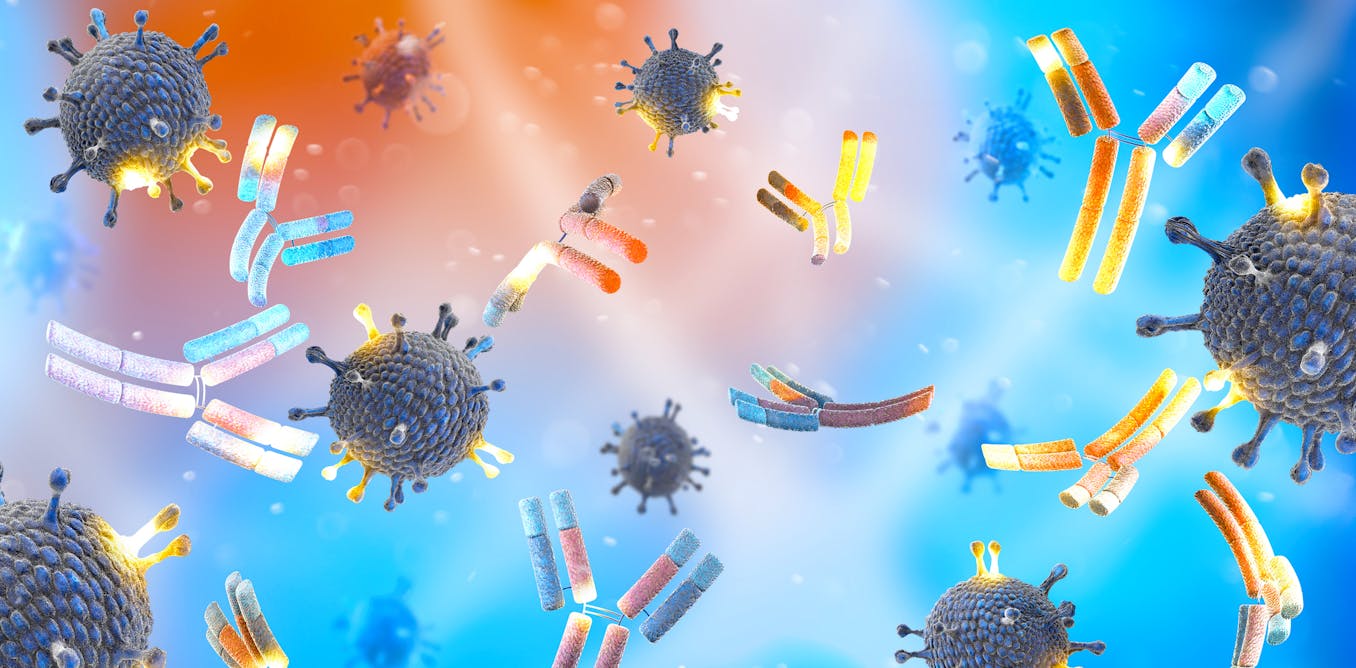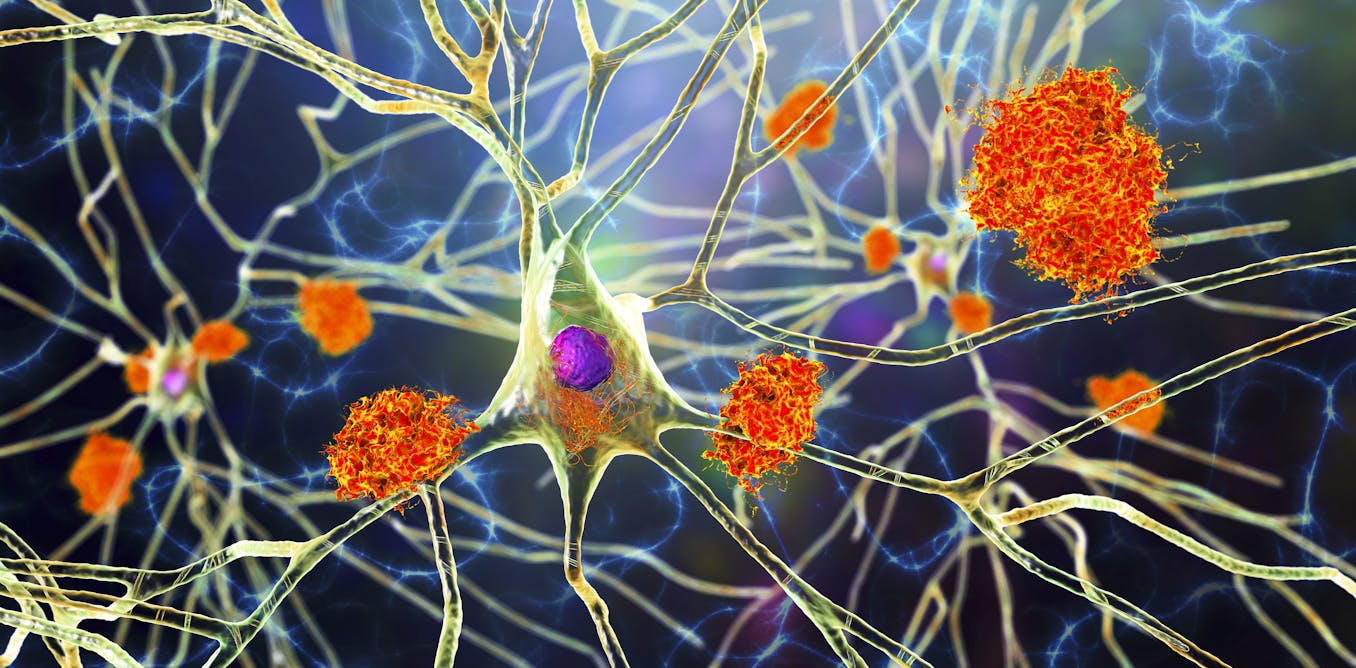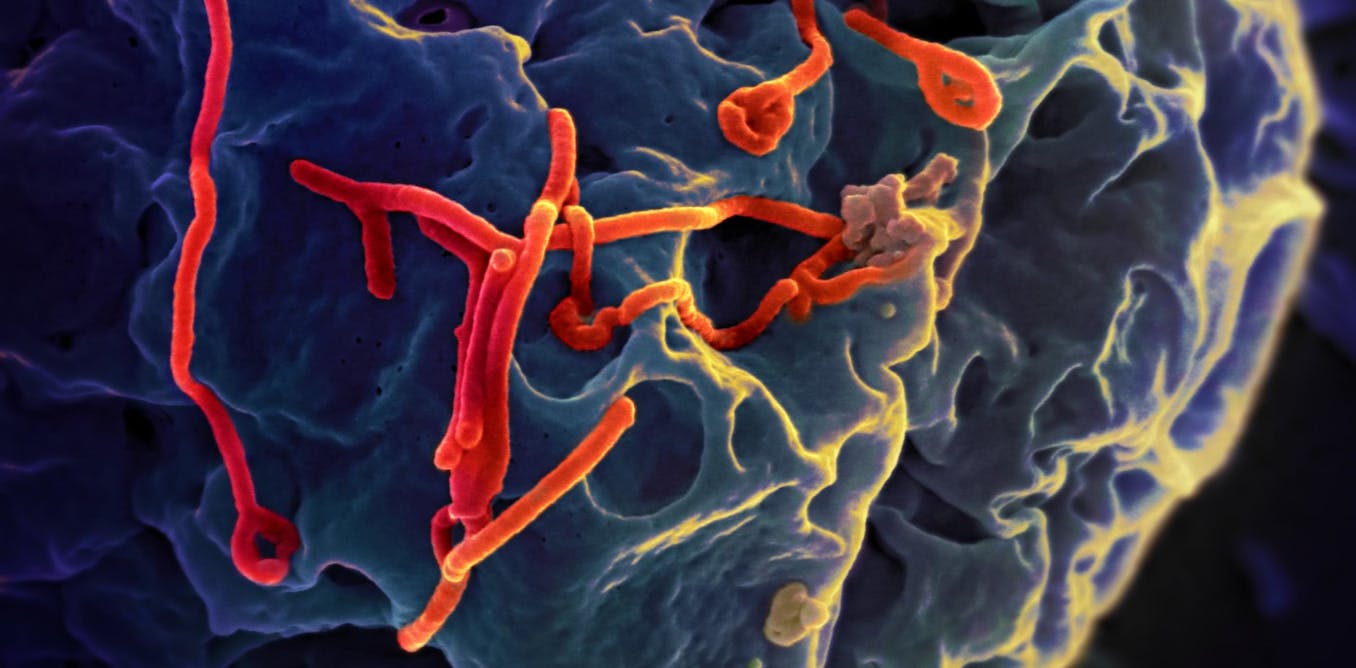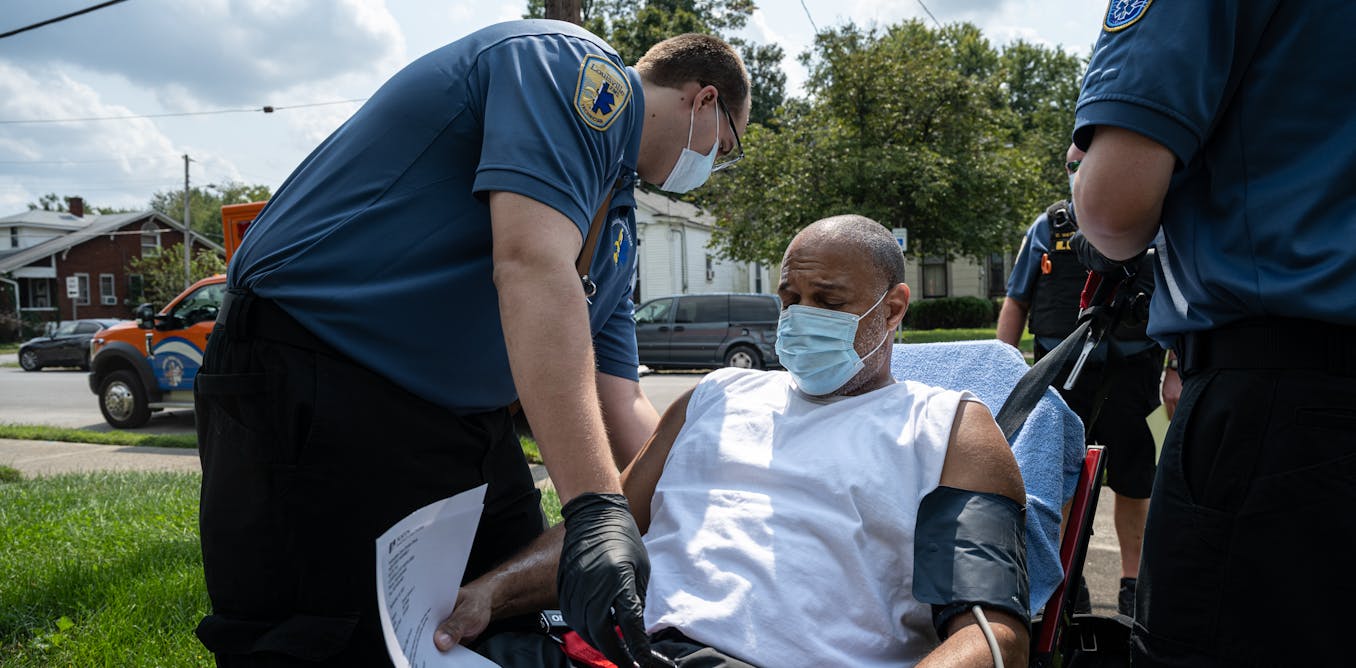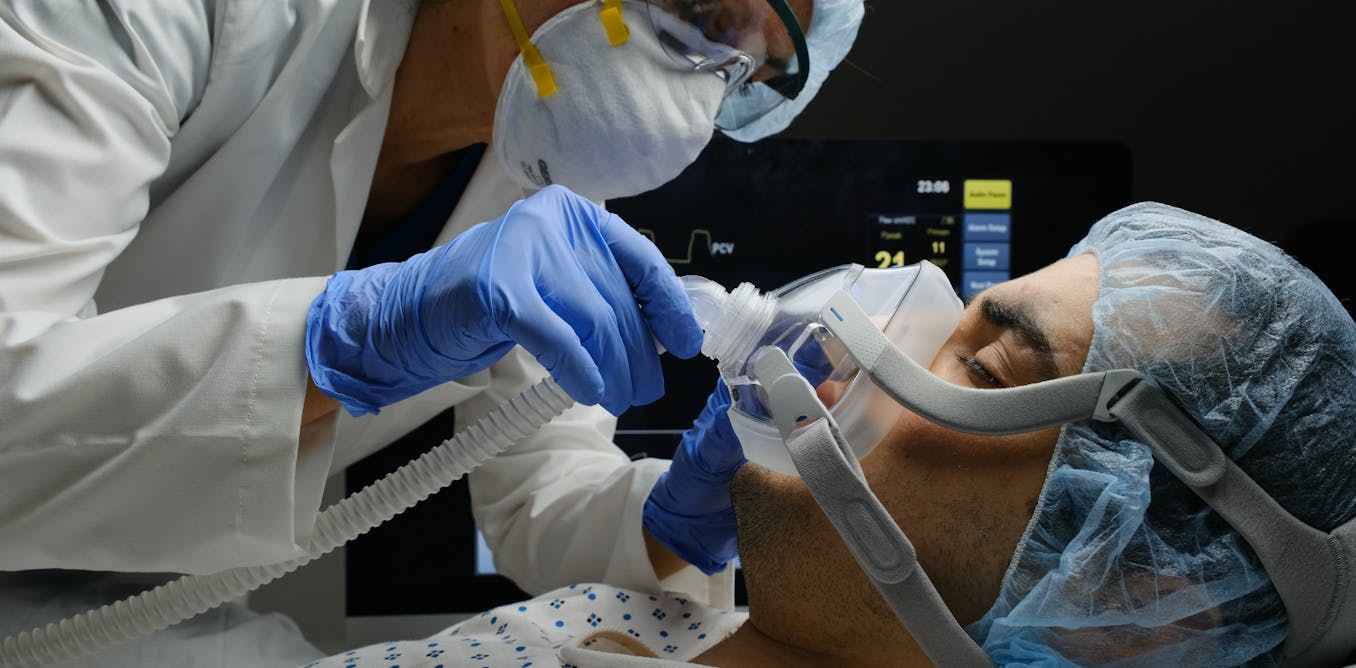HIV therapies currently need to be taken regularly for life – longer-lasting antibody treatments could one day offer an equally effective one-shot alternative
Antiretroviral therapies for HIV, while extremely effective, need to be taken daily for life. Designing antibody treatments that need to be taken only once could improve compliance and reduce drug resistance.
Sept. 23, 2022 • ~7 min

